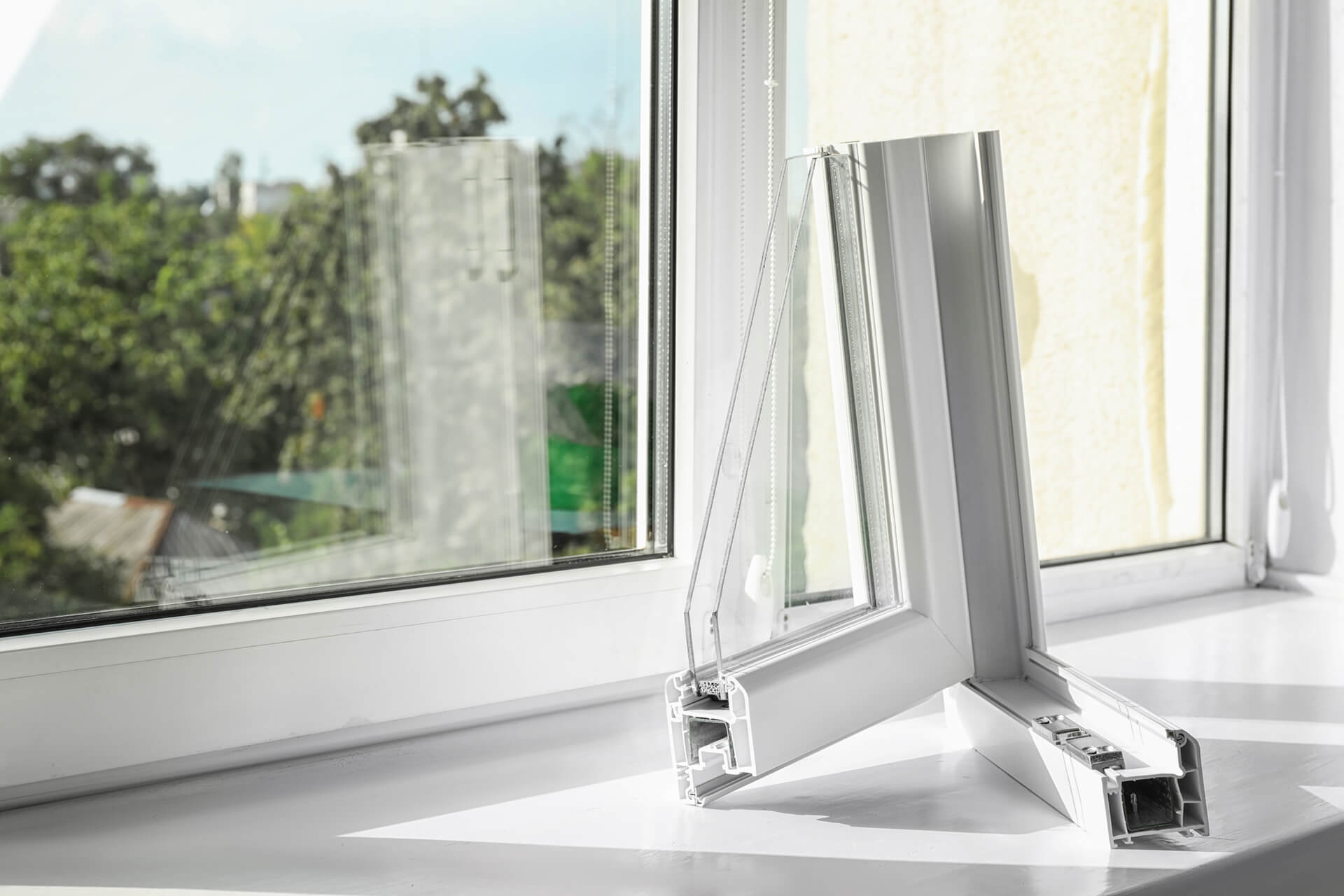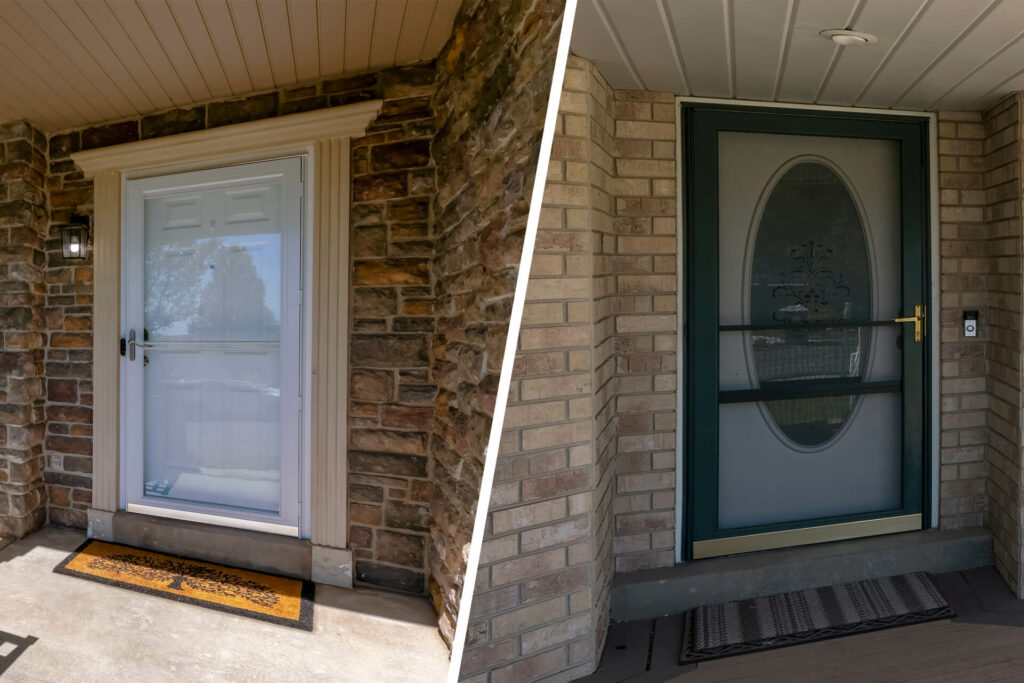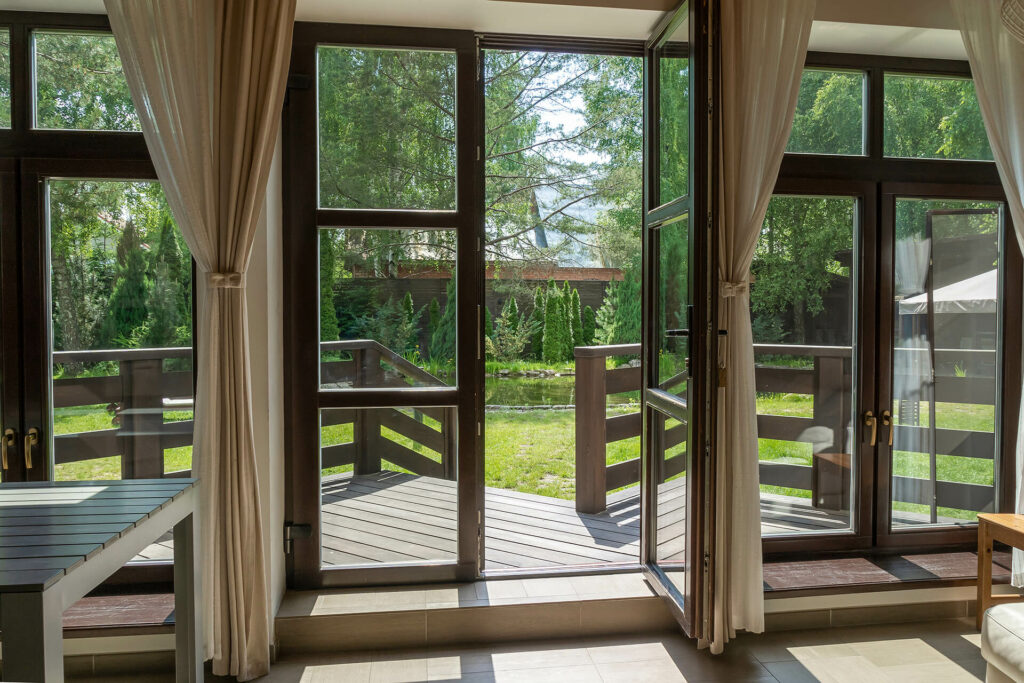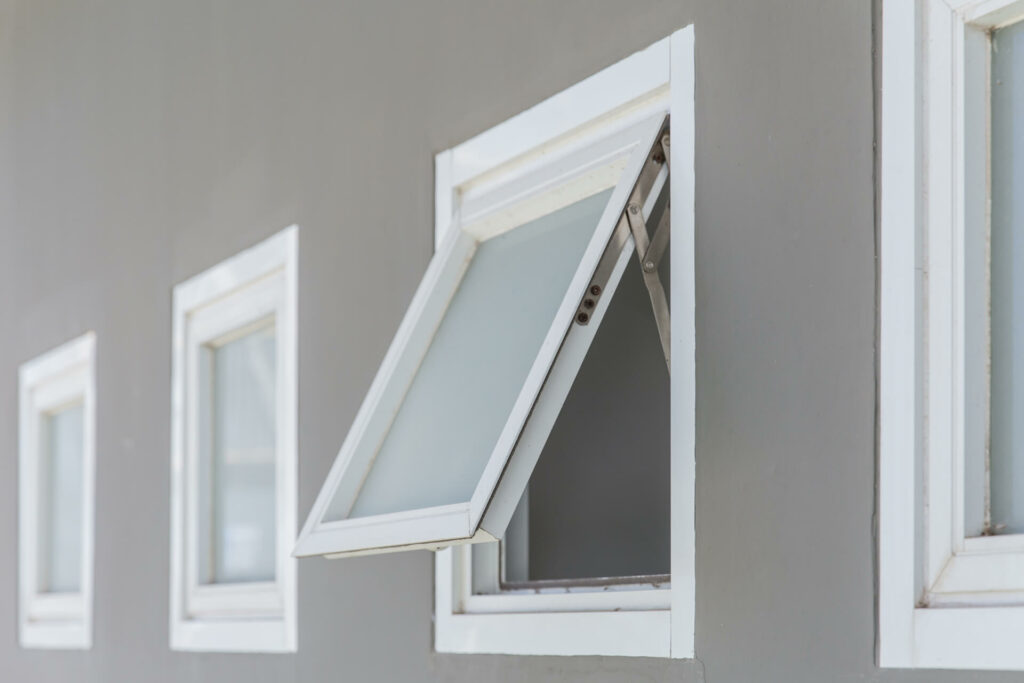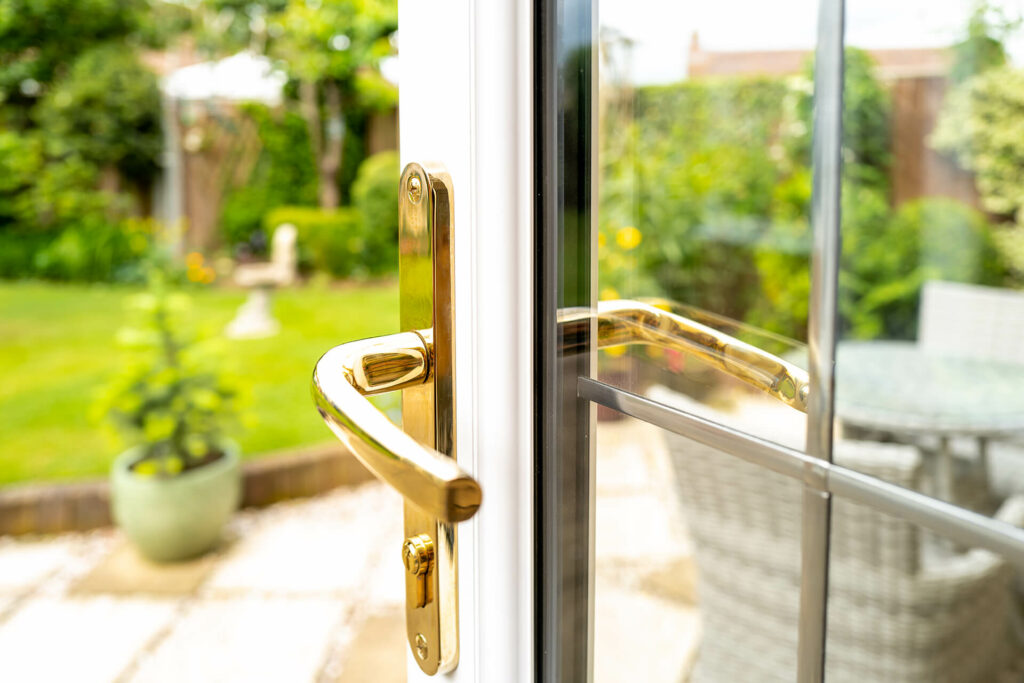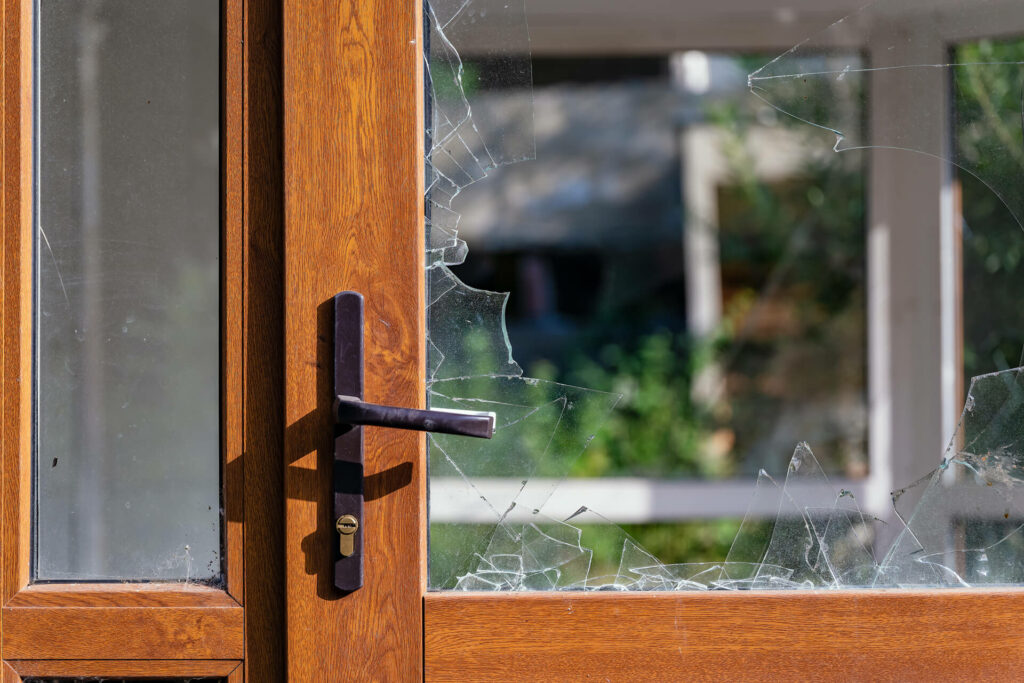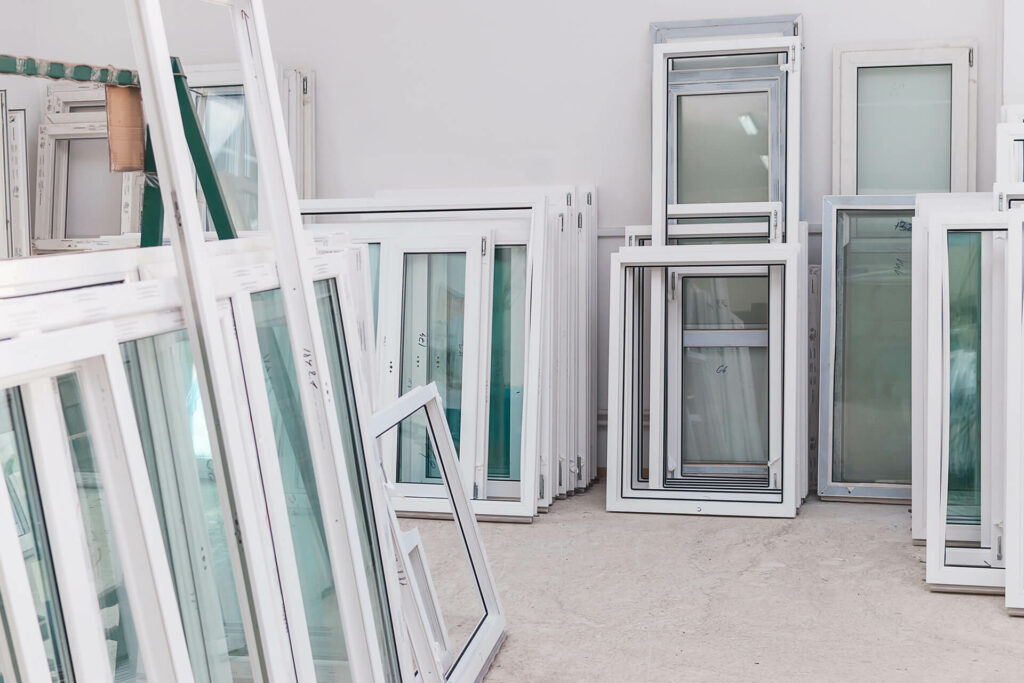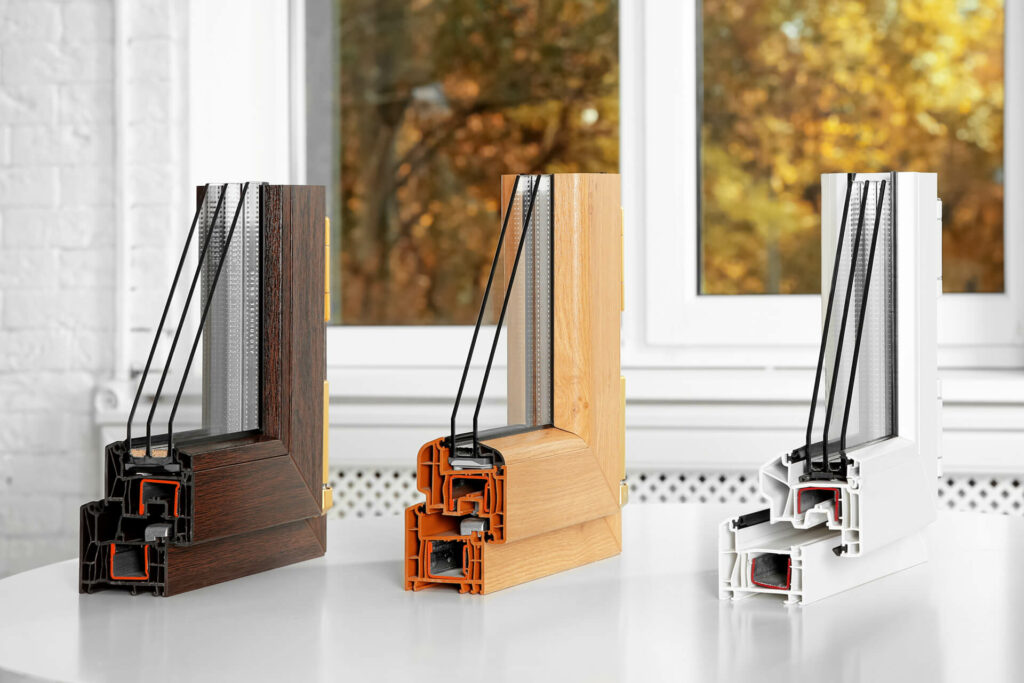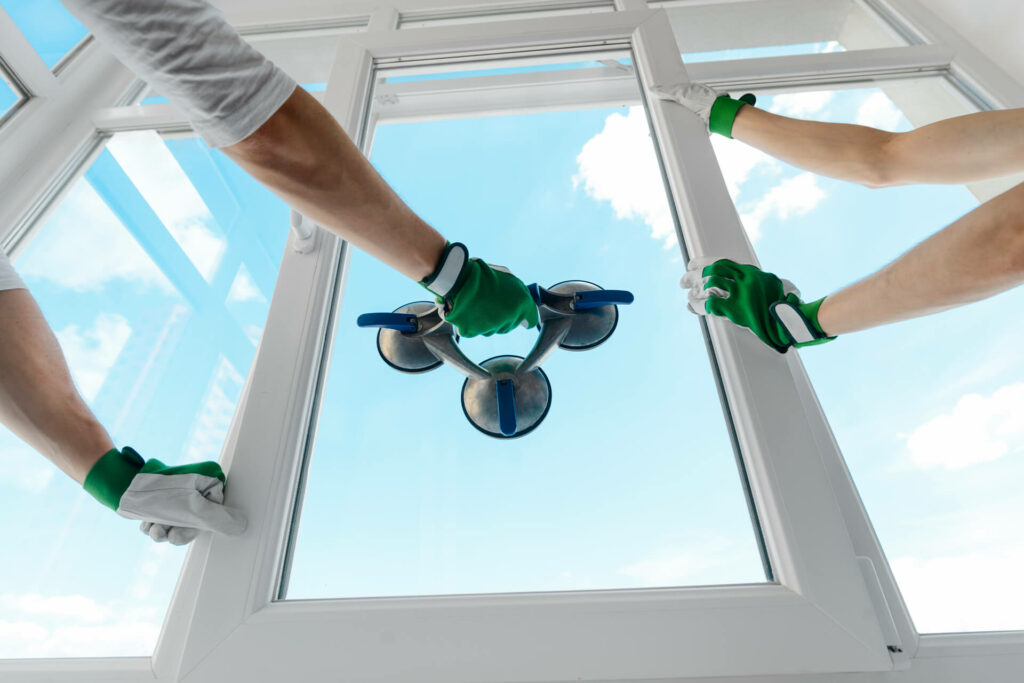Windows are a crucial component of any building, offering both functional and aesthetic value. Among the various materials available for window frames, vinyl has emerged as a popular choice. This article provides a factual comparison of vinyl windows with those made from other materials, highlighting the advantages and considerations associated with each option.
What Are Vinyl Windows?
Vinyl windows, made from modified polyvinyl chloride (PVC), which is why they’re also called PVC windows, are known for their durability, energy efficiency, and low maintenance requirements. They have become increasingly popular in recent decades due to these attributes.
Comparing Vinyl Windows to Other Materials
Durability
Durability is a key factor in window selection. PVC windows excel in this area, as they are resistant to rust, corrosion, and termites. Unlike wood, vinyl does not rot or warp when exposed to moisture. Aluminum windows are also durable, but they can corrode in coastal areas. Fibreglass windows are strong and resist warping, but they can be more expensive.
Energy Efficiency
Energy efficiency is where vinyl windows truly shine. Their insulative properties help in maintaining indoor temperature, reducing the load on heating and cooling systems. Wood windows also offer good insulation, but they require regular maintenance to retain their efficiency. Aluminum, being a metal, is less efficient in preventing heat transfer.

Sound Insulation
Sound insulation is another area where PVC windows perform well. They can effectively reduce outside noise, making them ideal for homes in busy areas. Other materials like wood and fibreglass also provide good sound insulation. However, the effectiveness of sound and thermal insulation also depends on the overall quality of the windows, such as glass thickness, air gap(s), gas filling, frame design and installation.
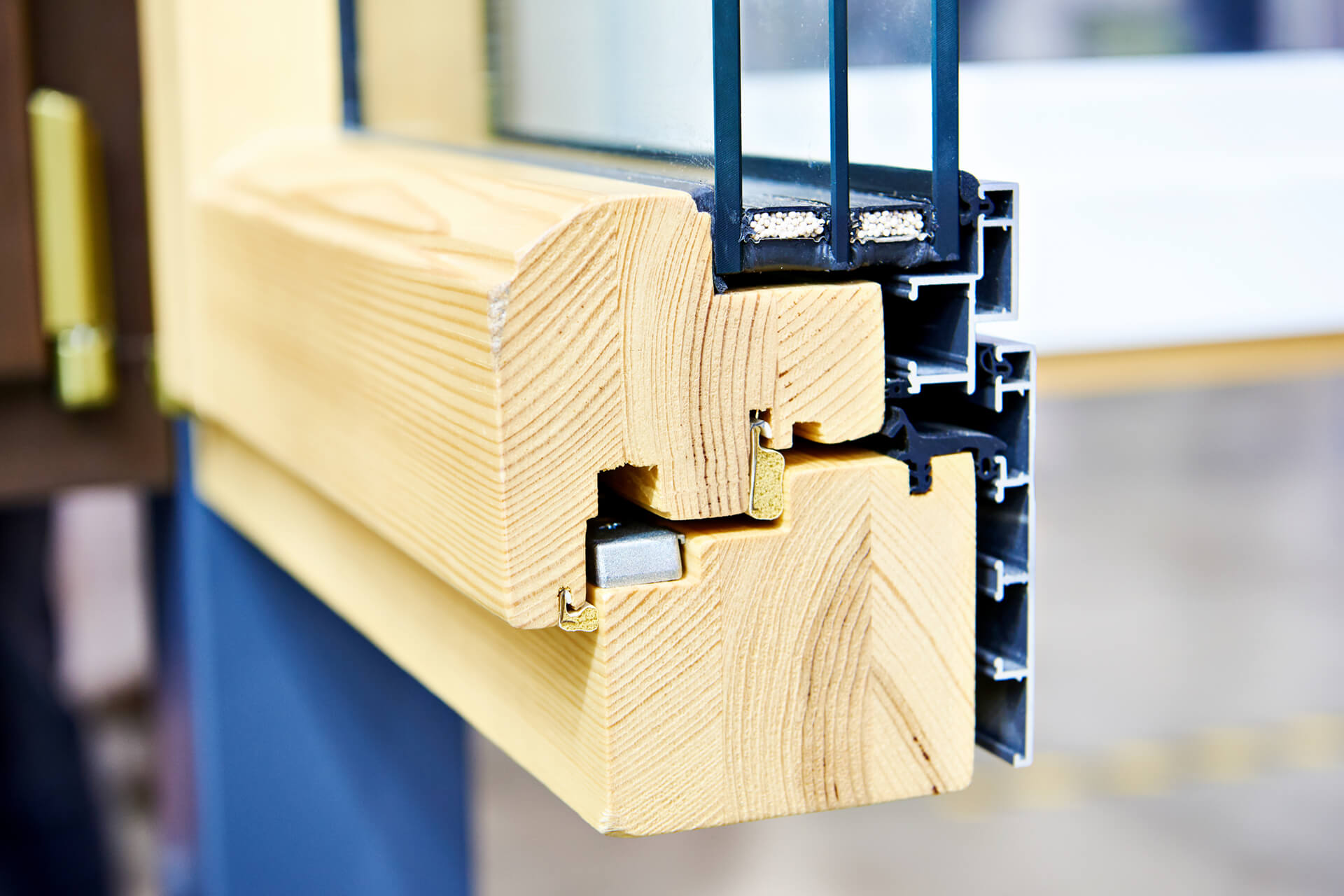
Maintenance
Maintenance is an important consideration for homeowners. PVC windows require minimal maintenance, needing only occasional cleaning with soap and water. Wood windows, while beautiful, need regular painting or staining to prevent decay. Aluminum and fibreglass are low maintenance but can be more challenging to repair if damaged.However, the effectiveness of sound insulation also depends on the overall quality of the windows, such as glass thickness, air gap(s), gas filling, frame design and installation.
Aesthetic Flexibility
Vinyl windows offer a range of styles and colours, making them versatile for various architectural designs. While they are not wood, some manufacturers do offer wood-like options. Aluminum and fibreglass windows offer a modern look but have limitations in terms of colour and finish.
Cost
When it comes to cost, vinyl windows are generally more affordable than other materials. They offer a great balance between price, performance, and longevity. Wood windows can be expensive due to the material and maintenance costs. Aluminum and fibreglass windows fall in the middle, offering specific benefits at a moderate cost.
Environmental Considerations
In terms of environmental impact, vinyl windows are energy-efficient, which reduces the carbon footprint over their lifespan. Although concerns exist regarding the environmental impact of PVC production, reputable manufacturers have processes in place to address them. According to Jeld-wen, “vinyl is a recyclable material in many stages of its life. Buy-back programs with suppliers returns as much scrap, trim and end cuts as possible. This material is ground and extruded into new profiles. This responsible business practice is tightly controlled for quality assurance. Vinyl can also be safely burned, where its energy is recaptured and re-used.” On the other hand, wood windows, if sourced from sustainable forests, can be eco-friendly, but their maintenance can impact the environment.
FAQs
Vinyl and PVC windows essentially refer to the same product, with the term “vinyl” commonly used in the consumer market for windows made from specially modified Polyvinyl Chloride (PVC). This modification involves adding additives to PVC to enhance its durability, UV resistance, and colour retention, making it suitable for window frames.
PVC windows can last between 20 to 40 years, depending on factors like climate, installation quality, and maintenance. Their durability is one of their key advantages.
It is not recommended to paint PVC windows as the paint may not adhere well and could void the warranty. However, they come in a variety of colours and finishes to suit different preferences.
Yes, PVC windows are designed to be weather-resistant and can withstand extreme conditions we typically see in Saskatchewan, including heavy rain, snow, strong winds, and fluctuating temperatures.
Absolutely, PVC windows come in a wide range of styles, shapes, and sizes, including traditional and contemporary designs, to fit various architectural aesthetics.
PVC windows are low maintenance. They typically require just regular cleaning with mild soap and water, and do not need painting or staining like wood windows.
While PVC windows offer many benefits, they are not as easily customizable once installed, and extreme temperature shifts can sometimes affect their shape if not installed properly.
Conclusion
In conclusion, while each window material has its strengths and weaknesses, vinyl windows offer a compelling combination of durability, energy efficiency, low maintenance, aesthetic flexibility, and cost-effectiveness. They are an excellent choice for homeowners seeking a balance of performance and value.

